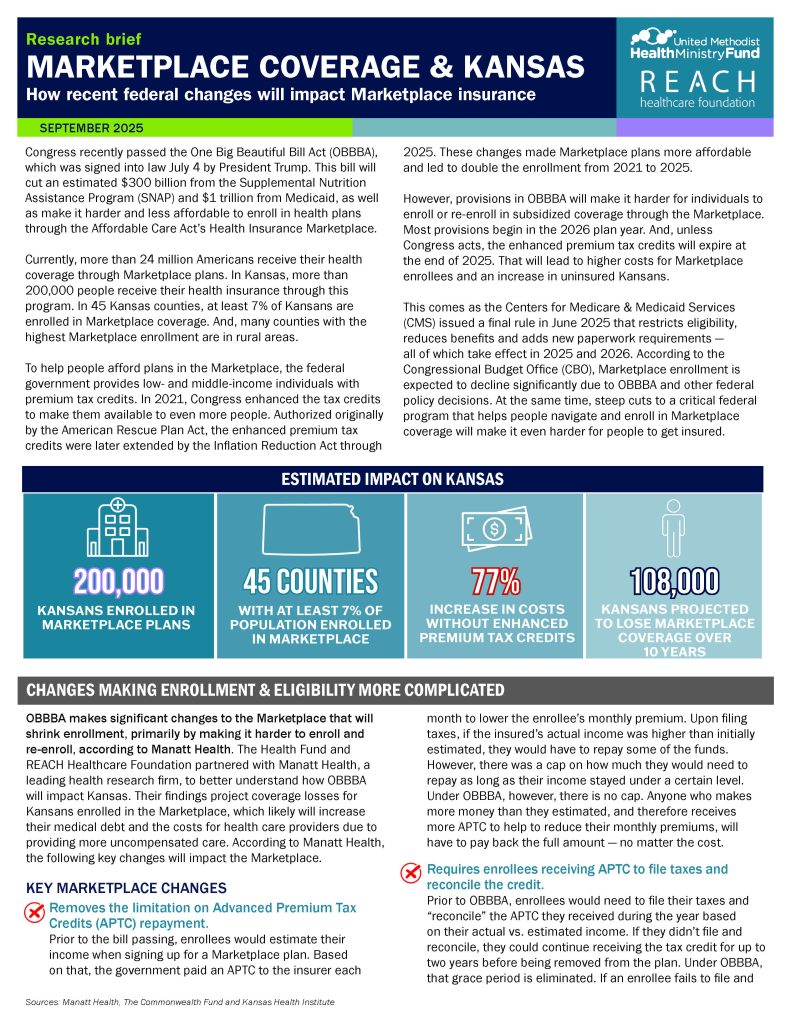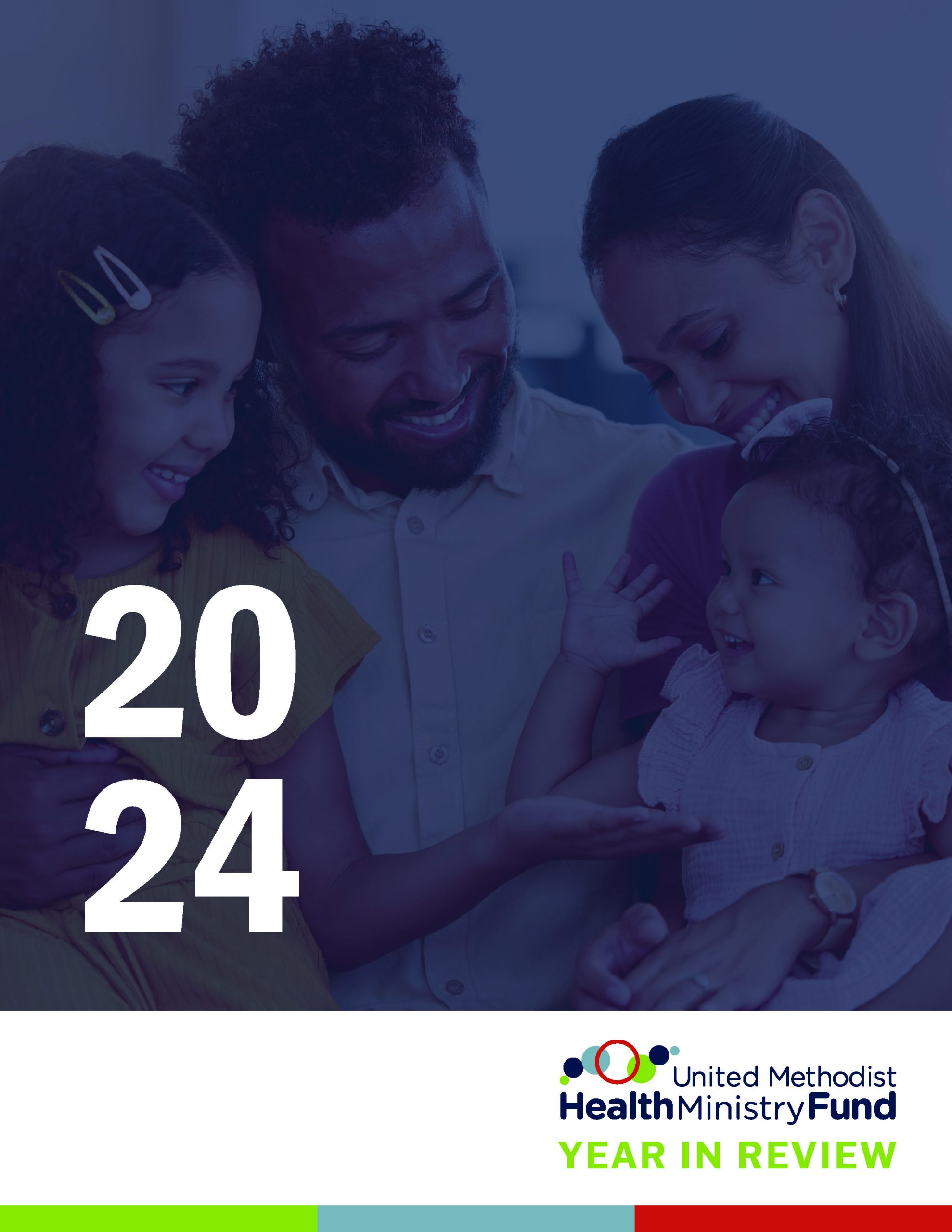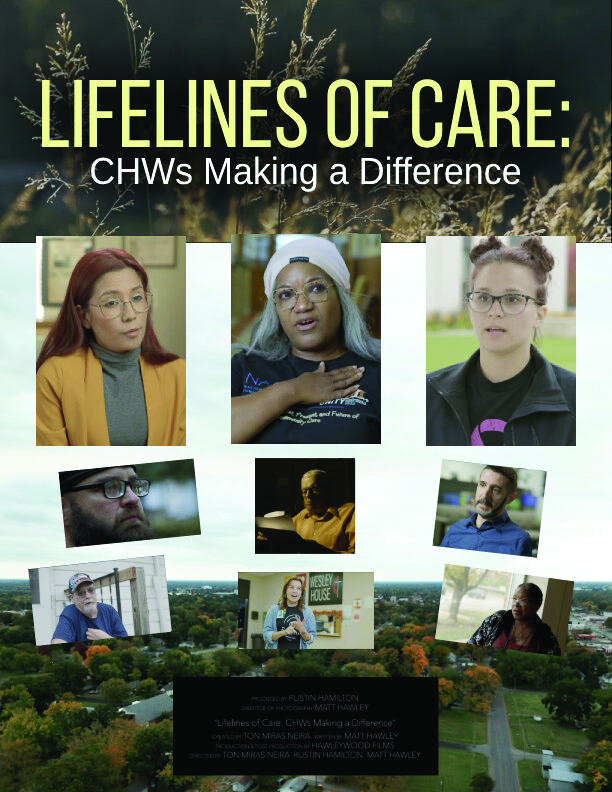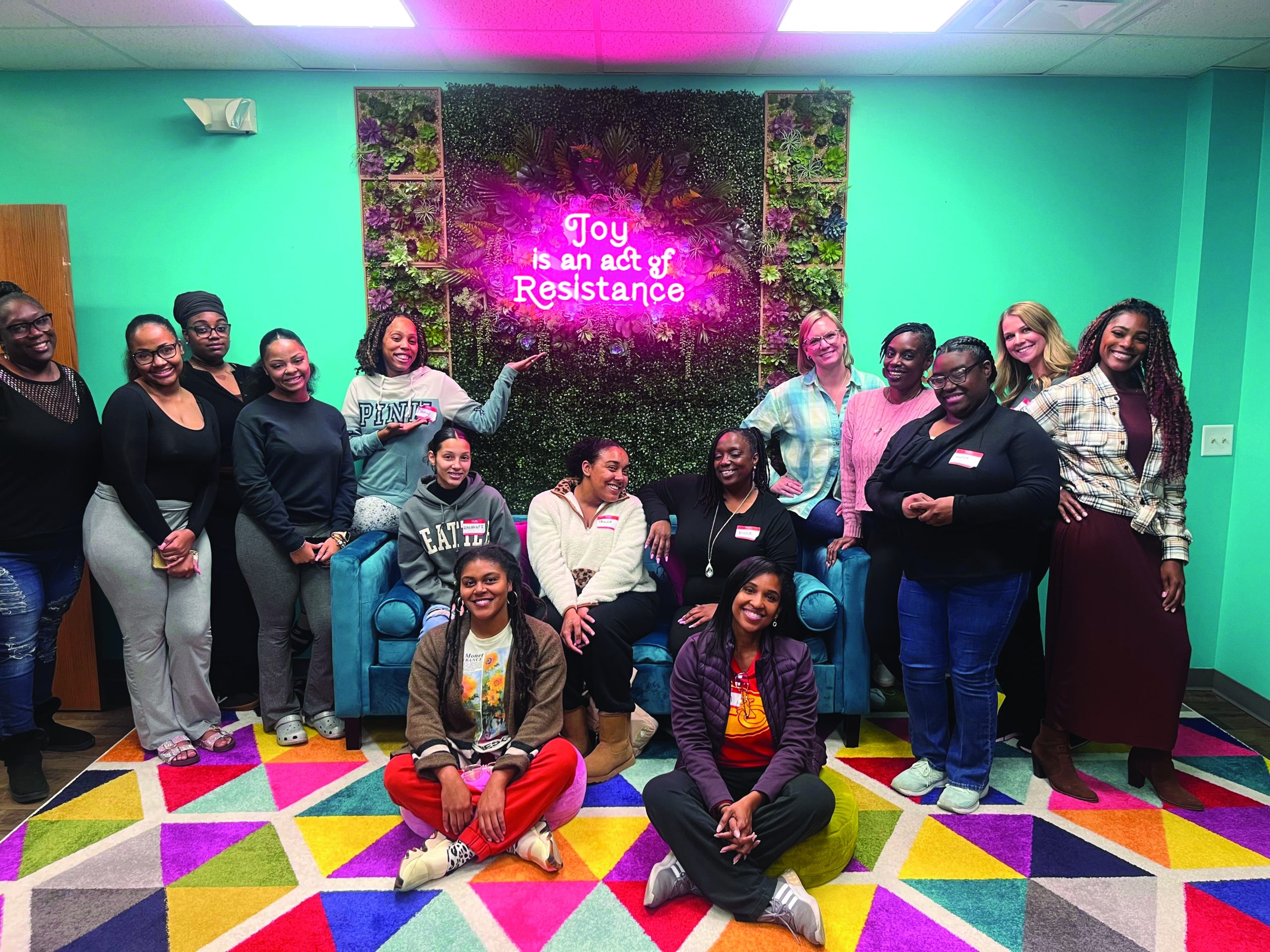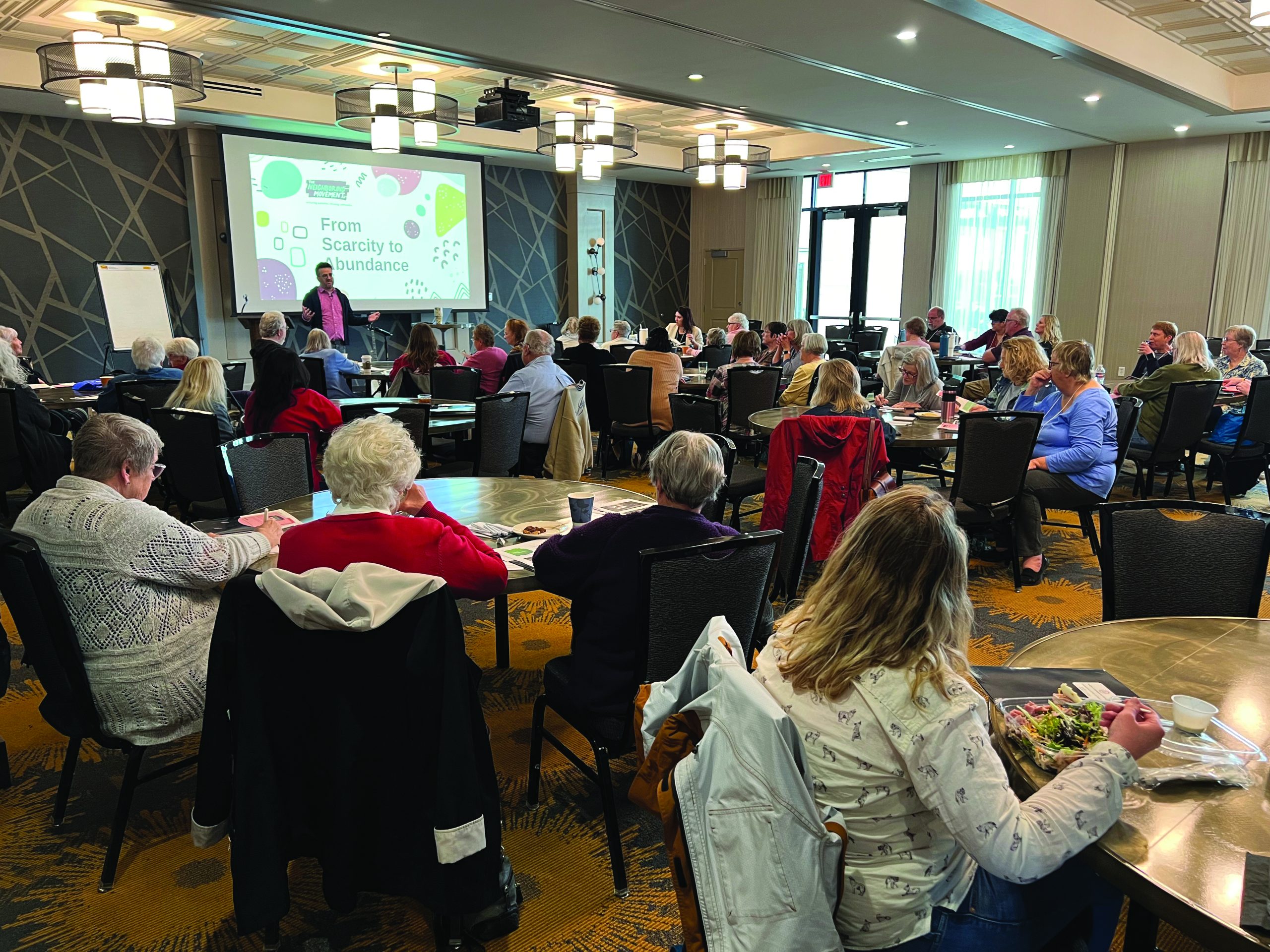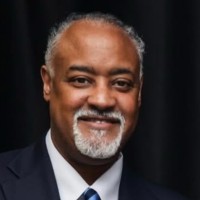Welcome to the Pioneers in Health podcast. In this podcast, we share inspiring stories of pioneering leaders from our nation and from your backyard who are working to improve health.
In episode 33, we interview Eva Stahl, vice president of public policy and program management at Undue Medical Debt. Undue Medical Debt is a nonprofit organization that buys large portfolios of medical debt from hospitals and other organizations to eliminate debt for people who’ve been unable to pay their medical bills.
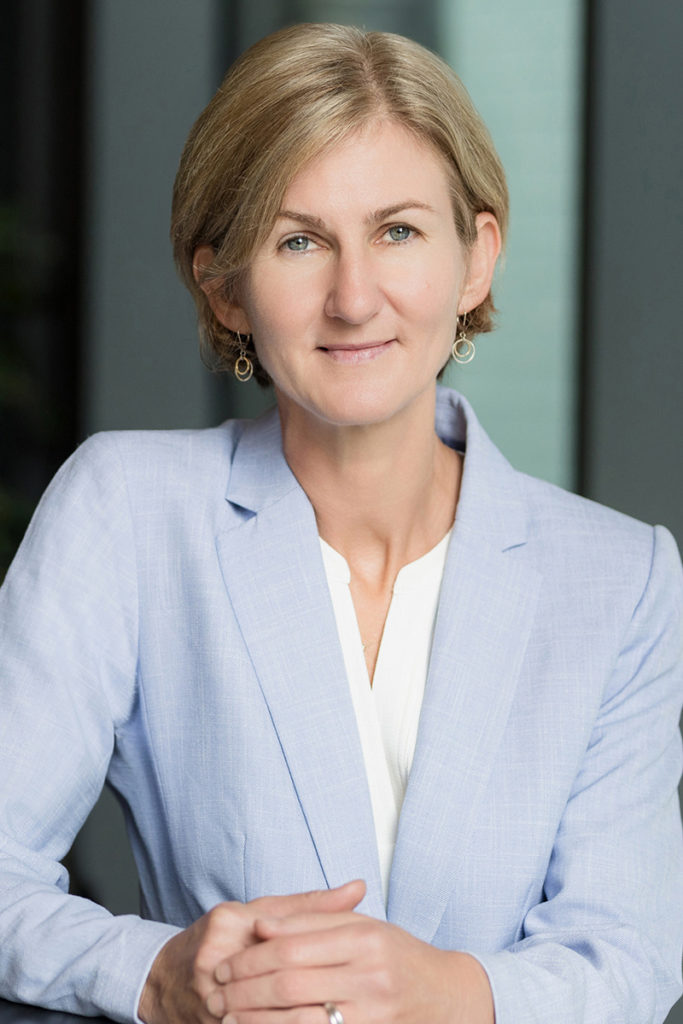
Eva shared her journey of how she landed working in health policy. She said she grew up in the Midwest with a mother who was a teacher and father who was a scientist, both of whom were heavily committed to giving back and actively involved in their community.
“You carry those experiences with you, and I really wanted to dedicate my life to service in some way,” she said.
When she was in her mid 20s, she traveled to Africa for a year with Henry Louis Gates, Jr., a famous author and leader.
“It was really life changing,” she said. “To be in communities that really were struggling with access to basic health care needs really impacted me and influenced me and led me to pursue both a public policy degree and then later a PhD in health policy.”
She shared about her early career working in health policy in Massachusetts and how she found her way to Undue Medical Debt.
At Undue, they work to eliminate medical debt for people while also focusing on how they can impact the issue at a systems level.
“It’s not just abolishing medical debt for individuals and communities, but also thinking about what are the policies upstream that can help mitigate those harms,” she said.
She also discusses:
- Her journey to working at Undue Medical Debt
- The background and mission of Undue Medical Debt
- How medical debt impacts people in a variety of ways and how sharing their stories can make a difference
- The importance of health care advocacy and the Affordable Care Act (ACA)
- How recent cuts to Medicaid and the ACA Marketplace from the One Big Beautiful Bill Act, or HR1, will impact families and create increased medical debt
- The struggles families face with insurance and the high cost of health care
- The Rural Health Transformation Fund
- What gives her hope
And much more! Listen now, and learn more about how Eva is an innovative leader in health care.
Listen now
Listen below or on any of your favorite podcast services. Like and subscribe to stay up-to-date with each new episode!
